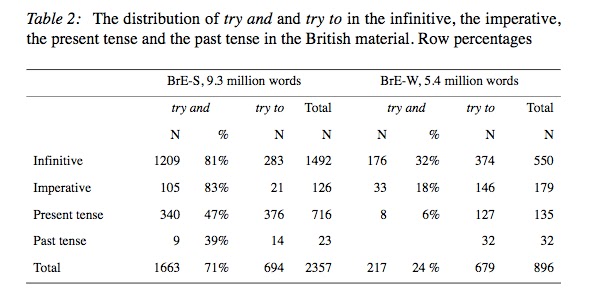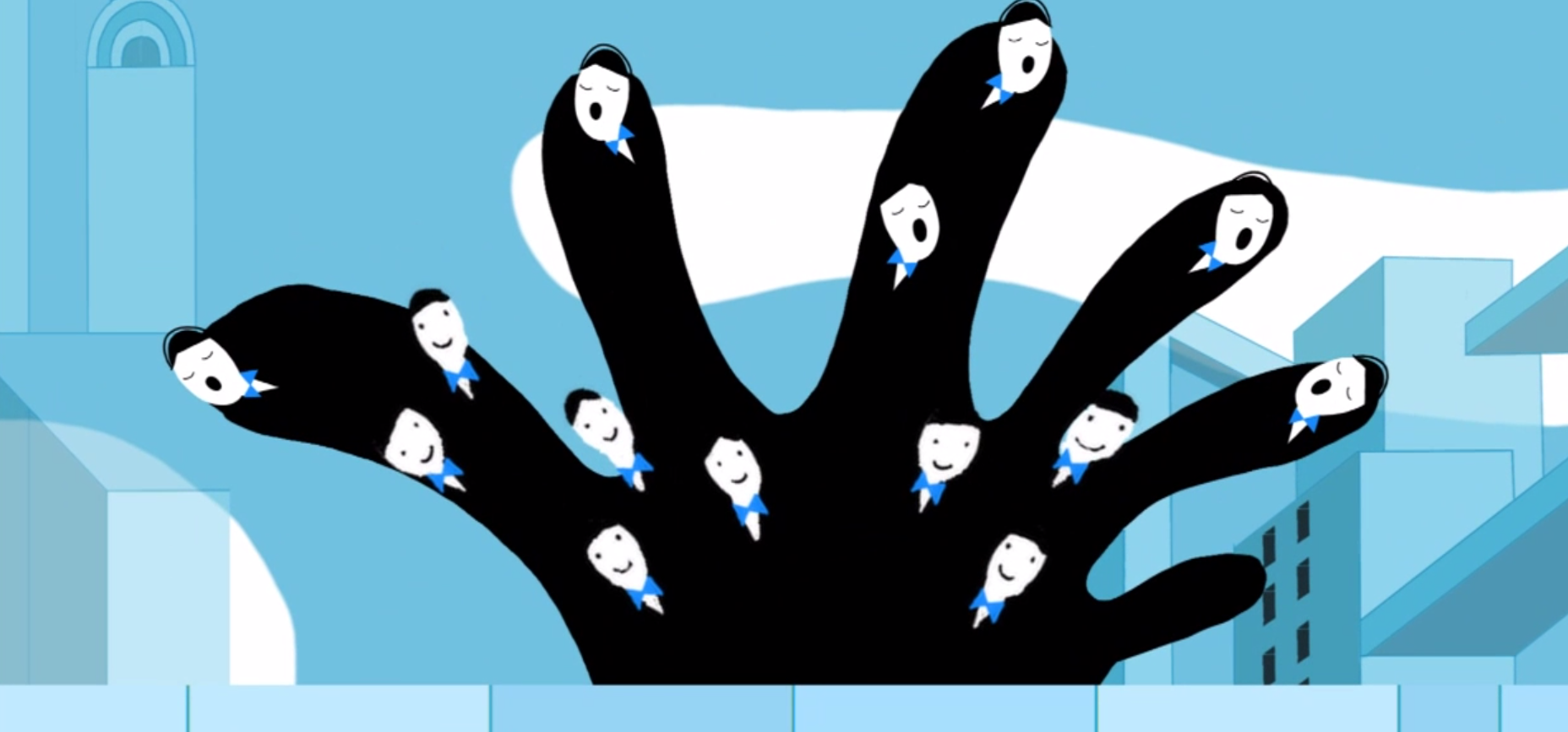As I mentioned in the last post, I was at the BBC (on) Monday recording a Word of Mouth episode with Man Who Cries "American English is ruining Britain" Matthew Engel. One of his examples of Americanisms taking over was people in the UK saying poop instead of poo. I wish I'd known then what I just looked up in the OED.
My answer at the time was, basically, words for f(a)eces are the type of thing that would change often, because of what Steven Pinker calls "the euphemism treadmill". "Polite" words for a taboo subject become impolite once they have been associated with the taboo for too long. Some Americans are using poo more now because it sounds "less dirty" than poop, and perhaps poop sounds a bit more "fun" and a bit less graphic in for some BrE speakers. (Or maybe not. If you've switched your poo(p) word, let us know why.)
I doubted whether poo had been around long enough for Engel and Michael Rosen (the host) to have used it in their own childhoods (Rosen concurred), and therefore concluded that its loss was hardly a blow to British traditionalism. If British people are saying poop now (they're still mostly saying poo, I should note), that might be a short-lived trend.
So, tonight I thought: "I wonder if I was right about poo being so new in BrE." And so I looked it up. And what I found was great:
Poo to mean 'f(a)eces' is first recorded in American English in the OED (1960 Dictionary of American Slang). Green's Dictionary of Slang found it in 1950 in Walter Winchell's 'On Broadway' column. (He does have an 1830s citation too, but suspects it's a misprint for pee.)
Late addition (next day): I now see there's a 1937 UK usage of poo-poo that I missed in Green's dictionary (the timeline interface is a bit tricky).
The next few examples in the OED and GDoS are mostly Australian. In the 1980s we start really seeing poo in British English--which was pretty much what I'd thought. The count-noun use (a poo, rather than some poo) is recorded in the OED as 'chiefly British' (indeed it is).
This seems like a good time to share with you a favo(u)rite song of the Lynneguist household, Kid Carpet's 'Doing a poo in the forest' (so that it gets stuck in your head too):
I would bet that the current usage of poo came to the UK as an Australianism, though, since there's more evidence of its popular use there--and plenty of Australians (and at some points, Australian television) in the UK.
[Note that if you want to look these things up for yourself in the OED, they're under the spelling pooh. I've sent a message to the OED suggesting that poo should be a co-headword there, so that it's searchable.]
But it gets better!
Poop was used in British English long before poo was. If poop is coming back (not a nice image, sorry), it's more of a resurgence (the images are getting worse) than a new immigrant.
The verb to poop while 'now chiefly US' goes back to the 16th century in English--though then it was more about farting. The 'defecating' sense is recorded in a dictionary of Cornwall dialect in 1882.
The early noun uses of poop in the 'solid' sense are American, with a single 19th century example, then more from the 1920s. But poop catches on in Britain in the 1940s.
So poop is older than poo in British English, and bothwere may have been American first.
[I've edited this to reflect the correction above.]
I wish I'd known that on Monday, but there you have it now! Not sure whether the poo discussion will make the editing cut (we'll find out in a couple of weeks, probably), but this blog post can stand as supplementary reading in any case
My answer at the time was, basically, words for f(a)eces are the type of thing that would change often, because of what Steven Pinker calls "the euphemism treadmill". "Polite" words for a taboo subject become impolite once they have been associated with the taboo for too long. Some Americans are using poo more now because it sounds "less dirty" than poop, and perhaps poop sounds a bit more "fun" and a bit less graphic in for some BrE speakers. (Or maybe not. If you've switched your poo(p) word, let us know why.)
I doubted whether poo had been around long enough for Engel and Michael Rosen (the host) to have used it in their own childhoods (Rosen concurred), and therefore concluded that its loss was hardly a blow to British traditionalism. If British people are saying poop now (they're still mostly saying poo, I should note), that might be a short-lived trend.
So, tonight I thought: "I wonder if I was right about poo being so new in BrE." And so I looked it up. And what I found was great:
Poo to mean 'f(a)eces' is first recorded in American English in the OED (1960 Dictionary of American Slang). Green's Dictionary of Slang found it in 1950 in Walter Winchell's 'On Broadway' column. (He does have an 1830s citation too, but suspects it's a misprint for pee.)
Late addition (next day): I now see there's a 1937 UK usage of poo-poo that I missed in Green's dictionary (the timeline interface is a bit tricky).
The next few examples in the OED and GDoS are mostly Australian. In the 1980s we start really seeing poo in British English--which was pretty much what I'd thought. The count-noun use (a poo, rather than some poo) is recorded in the OED as 'chiefly British' (indeed it is).
This seems like a good time to share with you a favo(u)rite song of the Lynneguist household, Kid Carpet's 'Doing a poo in the forest' (so that it gets stuck in your head too):
I would bet that the current usage of poo came to the UK as an Australianism, though, since there's more evidence of its popular use there--and plenty of Australians (and at some points, Australian television) in the UK.
[Note that if you want to look these things up for yourself in the OED, they're under the spelling pooh. I've sent a message to the OED suggesting that poo should be a co-headword there, so that it's searchable.]
But it gets better!
Poop was used in British English long before poo was. If poop is coming back (not a nice image, sorry), it's more of a resurgence (the images are getting worse) than a new immigrant.
The verb to poop while 'now chiefly US' goes back to the 16th century in English--though then it was more about farting. The 'defecating' sense is recorded in a dictionary of Cornwall dialect in 1882.
The early noun uses of poop in the 'solid' sense are American, with a single 19th century example, then more from the 1920s. But poop catches on in Britain in the 1940s.
So poop is older than poo in British English, and both
[I've edited this to reflect the correction above.]
I wish I'd known that on Monday, but there you have it now! Not sure whether the poo discussion will make the editing cut (we'll find out in a couple of weeks, probably), but this blog post can stand as supplementary reading in any case































